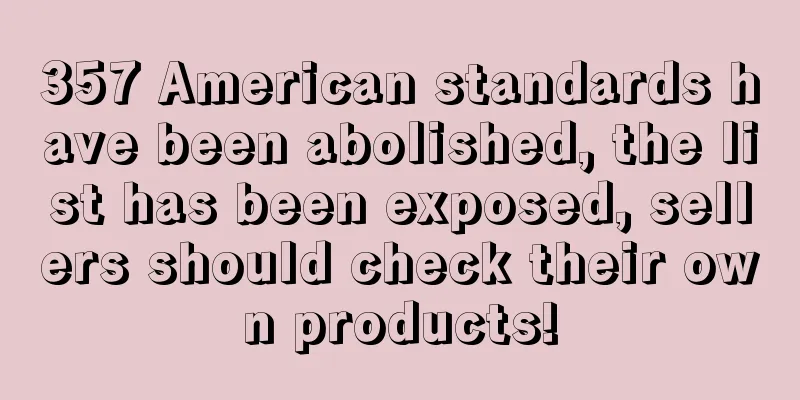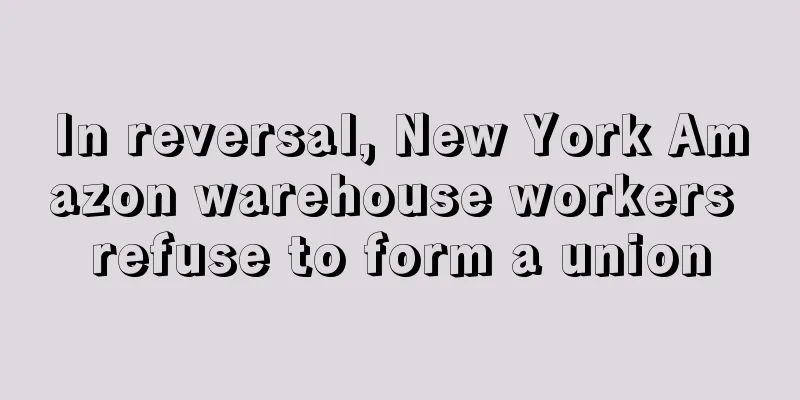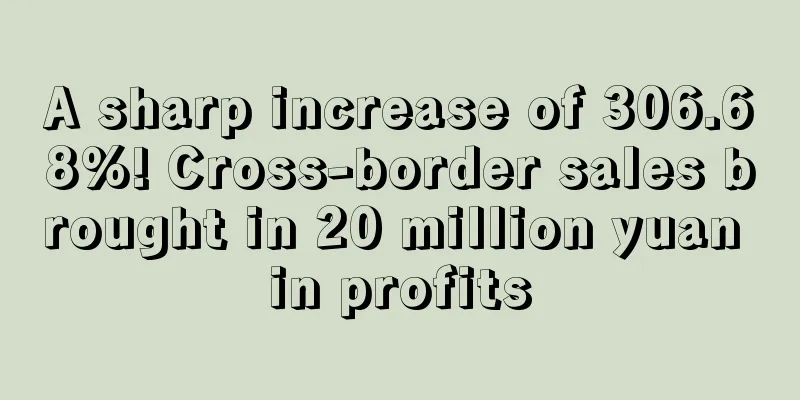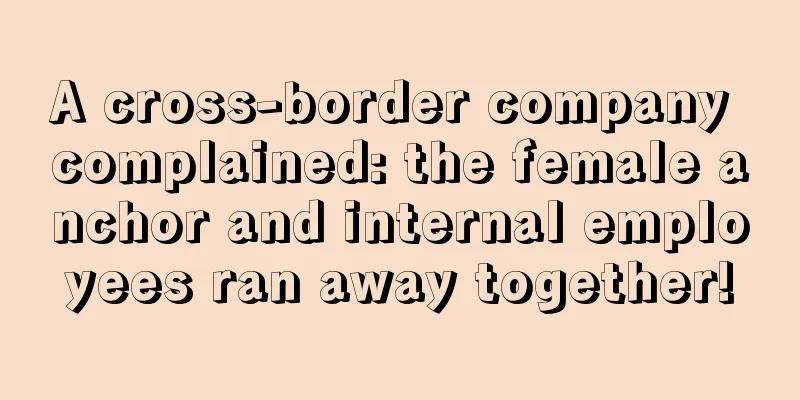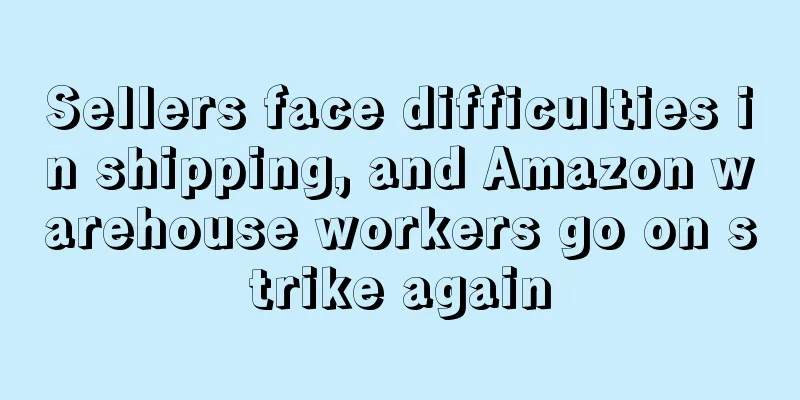Mondial Relay expands logistics services to the Netherlands

|
In addition to the relatively large e-commerce markets in the UK and Germany, e-commerce in other countries has also begun to emerge and be discovered by more investors. For example, in the Netherlands, the logistics company Mondial Relay recently decided to conduct business locally.
Mondial Relay is one of the many e-commerce logistics companies in Europe , and has cooperated with many e-commerce platforms including Amazon and eBay. Currently, its service scope covers 90,000 online retailers in Europe, such as Belgium, France, Spain, Portugal and Luxembourg, and it has 58,000 logistics bases in Europe.
Just a few months ago, Mondial Relay was acquired by InPost , another leading European logistics company founded in Poland in 1999. InPost has a network of parcel lockers in Poland, the UK and Italy , and has been expanding its European market over the years.
Rafał Brzoska, CEO of InPost, also stated that “this is a strategically significant acquisition. By leveraging Mondial Relay’s market position in Europe, we can serve our customers more efficiently and conveniently. We will also redefine last-mile delivery with our practical actions, and we hope to become Europe’s leading logistics service provider in the future.”
In recent years, e-commerce in the Netherlands has grown rapidly, even faster than in France and Belgium. The number of international freight from the Netherlands has also been increasing, with cross-border parcel transportation increasing by nearly 42% last year. Seeing the development potential of the Netherlands, Mondial Relay began to enter the local market, claiming to provide faster and cheaper services.
Although the Netherlands is a small country, it has a high degree of economic openness and is very suitable for developing international trade. In 2020, the output value of e-commerce in the Netherlands reached 26.6 billion euros, which was a significant increase compared to 2019. But surprisingly, local online shopping is more popular in travel, communication electronics, etc., and clothing accounts for a small proportion.
But at present, the Dutch still prefer to use local e-commerce platforms, the most commonly used one is Bol.com. Amazon entered the local market relatively late and is still in a development stage, but this also shows that there is still a lot of market space to be developed locally.
Although the market is small, it is a challenge but can also be seen as an opportunity. Netherlands Europe logistics |
<<: Online shopping to account for 51% of global sales post-pandemic
>>: Amazon updates software sales policy, Ever Given cargo ship leaves Suez Canal
Recommend
What is DaGe Cross-border? DaGe Cross-border Review, Features
Da Ge Cross-border is a cross-border e-commerce i...
How to use TikTok to promote low-cost, low-tech products
Let’s take a look at a niche brand, Conzuri, whic...
"Disrupting" rankings? Shenzhen sellers sued by Amazon in US court
Recently, Dreame Technology sued Roborock Technol...
What is CMA CGM (China) Co., Ltd.? CMA CGM (China) Co., Ltd. Review, Features
CMA CGM (China) Co., Ltd. was registered and estab...
4.7 million units of a single product sold out, a big hit: even a huge sales volume is hard to bear
"Start from the cradle", and thus a pop...
Cross-border costs have skyrocketed again! Sellers: I worked like a tiger, but I only saw a profit of 25 cents...
Reducing costs and increasing profits is urgent! ...
What is Feedbackz
Feedbackz is similar to Feedback Genius, but it f...
A wave of cross-border workers are going to lose their jobs? This "weapon" is gaining popularity
What changes will the super popular chatbot ChatG...
North American live shopping platform NTWRK completes $50 million in financing
According to foreign media reports, NTWRK, a lead...
Amazon’s US site is the “top streamer”, is it still making money?
Since the outbreak of the epidemic, with the incr...
What is assisting the sales management システム? assisting the sales management システムReview, Features
<span data-docs-delta="[[20,"助ネコ通販管理システム&q...
With huge growth potential, Vietnam's The CrownX received 400 million yuan in investment!
Due to the rapid development of online grocery de...
Americans spend more on Amazon than they save! Necessities are their top purchases
E-commerce has successfully changed the way peopl...
Wayfair reports the latest spring trends, bright colors are the most popular
Recently, Wayfair, the largest home furnishing e-...
What is Jackmall? Jackmall Review, Features
Jackmall is a cross-border new retail distributio...
